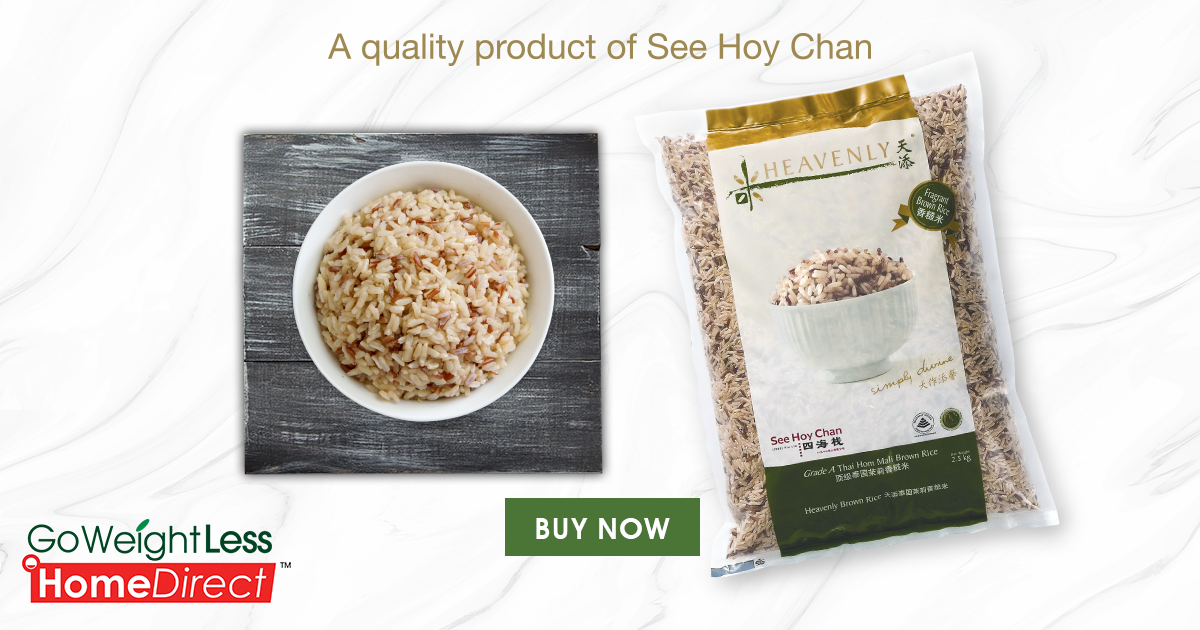Been eating the recommended servings of fruits and vegetables every day? Now, you might think that that is enough fiber for a healthy body. But if you suffer from symptoms like irregular bowel movements, feeling hungry even after eating, feeling tired and having little energy, your fiber intake is simply not be enough!
According to a study, our daily fiber intake should range from 28 grams (for women) to 34 grams (for men), depending on their age. It is essential that you include dietary fiber in your diet as it provides you with a range of health benefits (e.g. promote digestion) and help build a better health.

What is fiber?
A typical meal in the hawker centre containing a greater amount of proteins and fats can cause you to feel tired easily. Fiber, on the other hand, is a structural part of plant foods that is found mostly in fruits, vegetables, and whole grain, and can give you energy throughout the day as well as to eliminate waste that are high in fat from your body!

Do you know the difference between soluble and insoluble fiber?
Fiber is categorised into two types – soluble and insoluble. Soluble fiber dissolves in water and forms a gel-like substance when mixed with water. Soluble fiber is important as helps to moderate your blood sugar levels and lowering cholesterol. Good sources of soluble fiber include foods like oats, chia seeds, fruits like orange, apples and vegetables.
Insoluble fiber does not absorb or dissolve in water, but helps our body waste pass through our stomachs and intestines quickly, reducing the risk of constipation and hemorrhoids. Sources of insoluble fiber range from leafy greens, brown rice, nuts, tomatoes and more.

Why is fiber good for your body?
It holds a range of health benefits that can help you along on a journey towards better health. Fiber aids your body in absorbing nutrients, improves your bowel health, lowers your cholesterol, reduces the risk of constipation and controls blood sugar levels. Foods that are high in fiber take longer to chew and digest, preventing any excessive snacking or cravings between meals. Hence, you will eat lesser and achieve greater, effective results in your weight loss or management plan.
Brown rice is a great source of fiber, especially in insoluble fiber – which aids in relieve constipation and keeps your bowels moving. Plus, as compared to refined carbohydrates like white rice, brown rice can provide a more sustained energy boost to fight fatigue in your body.

So, how can you incorporate more fiber into your diet?
As fiber is mostly found in whole grains (e.g. brown rice, oats), fruits and vegetables, consider transitioning to a higher-fiber diet; by replacing your usual refined grains like white rice with whole grains (e.g. brown rice), and consuming more fruits and especially vegetables like beans and legumes every day!
Note: The sudden increase in your fiber intake can cause a stomach upset, so if you are new to consuming a lot of fiber, it is best to go with plenty of water and a gradual increase in your fiber intake, over a few days or weeks to let your body adjust well.

